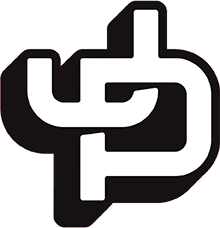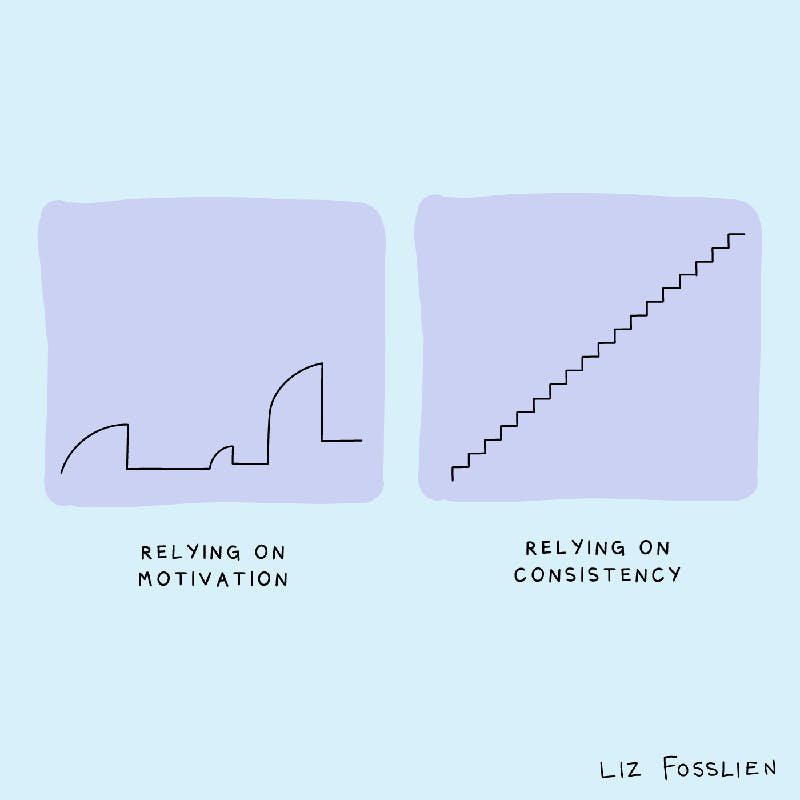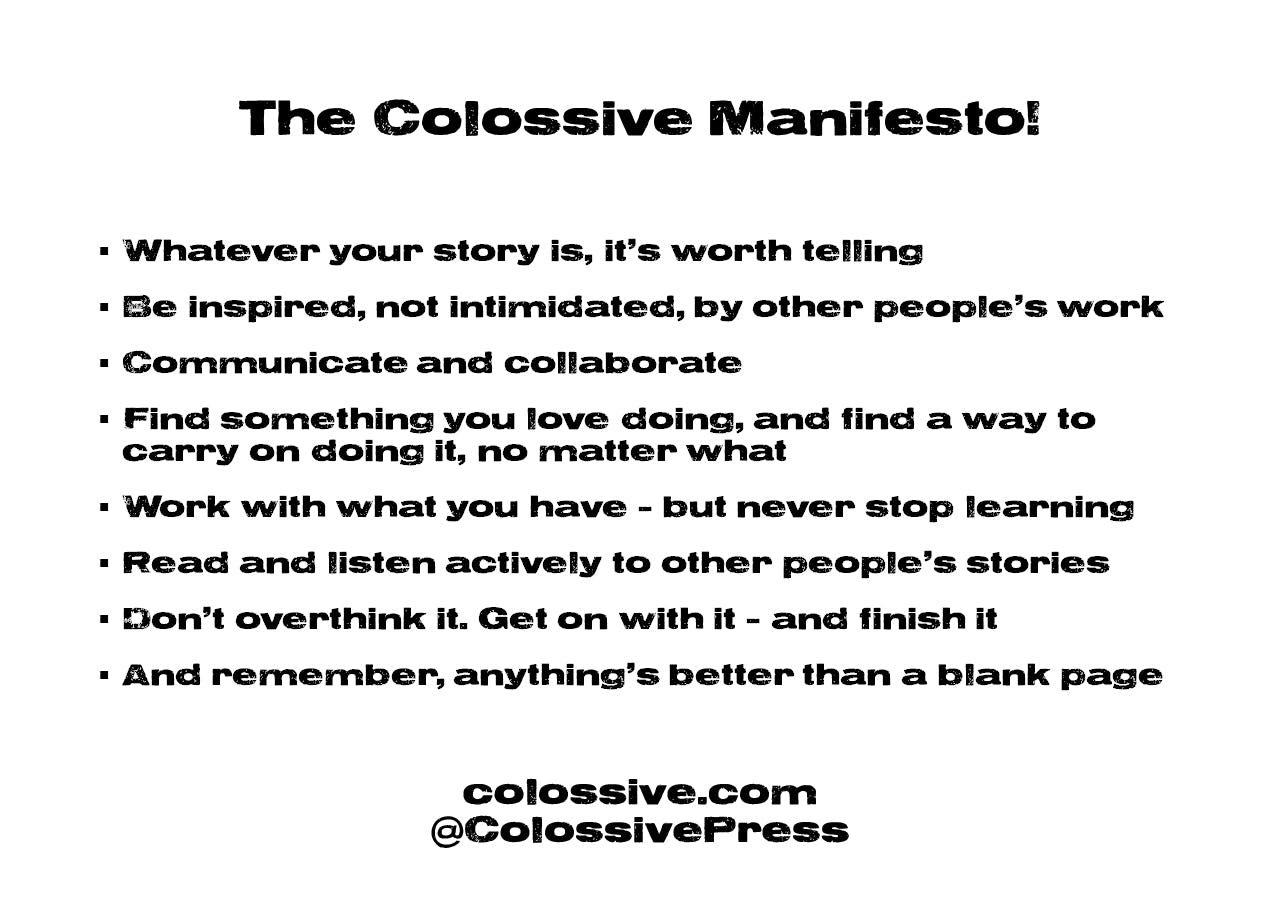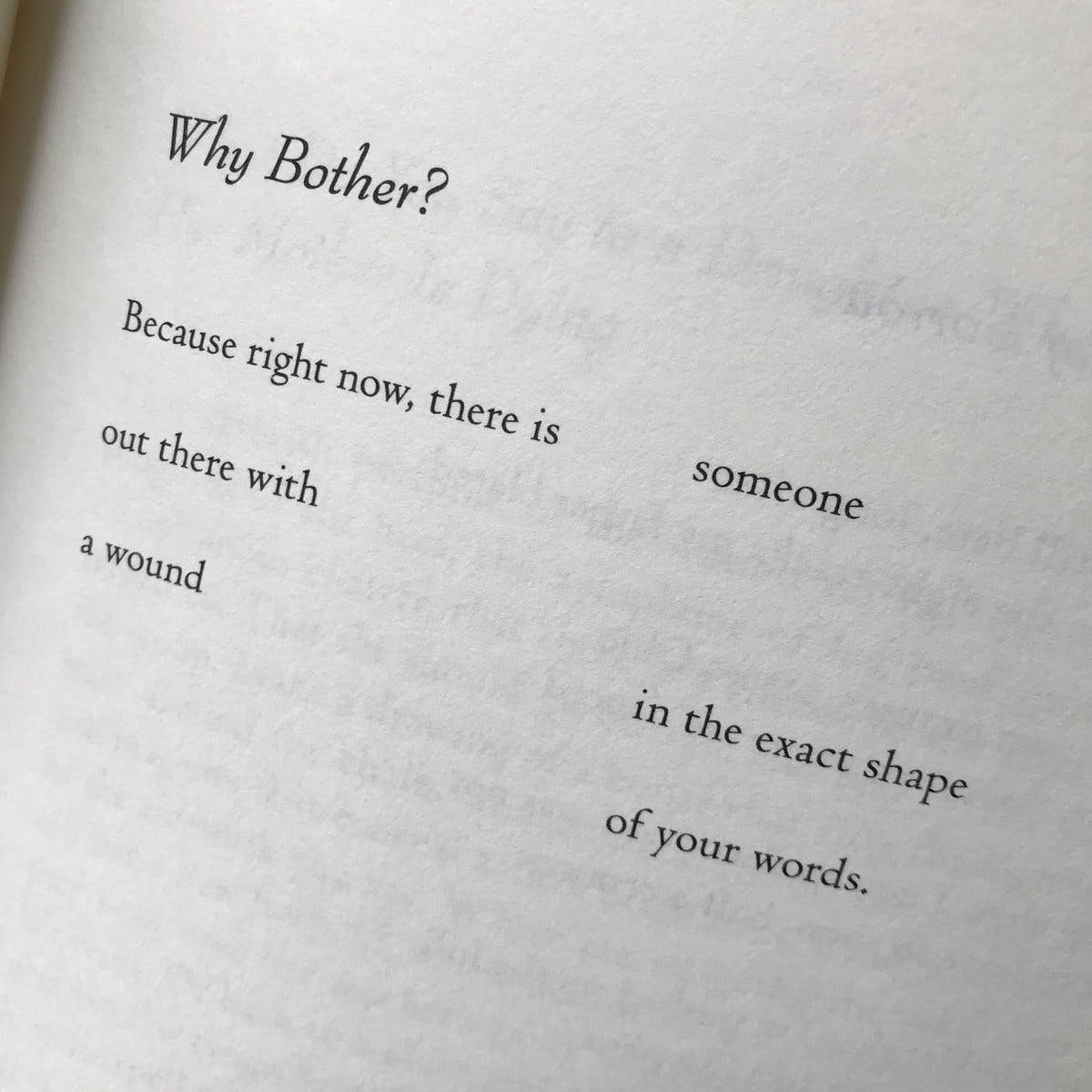From the Inspirational Thought Unit
Everything good in my life ties directly to friendships I've made with people. The old saying attributed to motivation speaker Jim Rohn “You are the average of the five people you spend the most time with” tracks with my experience.
My high school friends were a creative bunch, open to new ideas and experiences, and that shaped me into following a creative path for a career. For the last 20+ years wife has been my north star for focus, direction, and what really matters in my life. And I have a solid group of father/husband/artist friends that I communicate with regularly which helps me navigate life.
Recently I've read a couple articles about making and enriching friendships, so this has been on my mind a lot lately.
According to this research by evolutionary psychologist Robin Dunbar, “It takes about 200 hours of investment in the space of a few months to move a stranger into being a good friend.”
If you're going to spend 200 hours with someone becoming good friends the best way to do it is spending that time doing something pointless.
The gist of that article is that in a highly transactional world relationships tend to turn into useful alliances...hence the term "networking." Yes, you need a network, but for a satisfying relationship you don't base it on something practical like a project or a job, you organize them around something that isn't useful at all. Like a fandom, or a sport.
This is getting long, so I guess the point I'm trying to make here is don't neglect the making and keeping of friendships, because there's not much more to life than that.
-Jake




